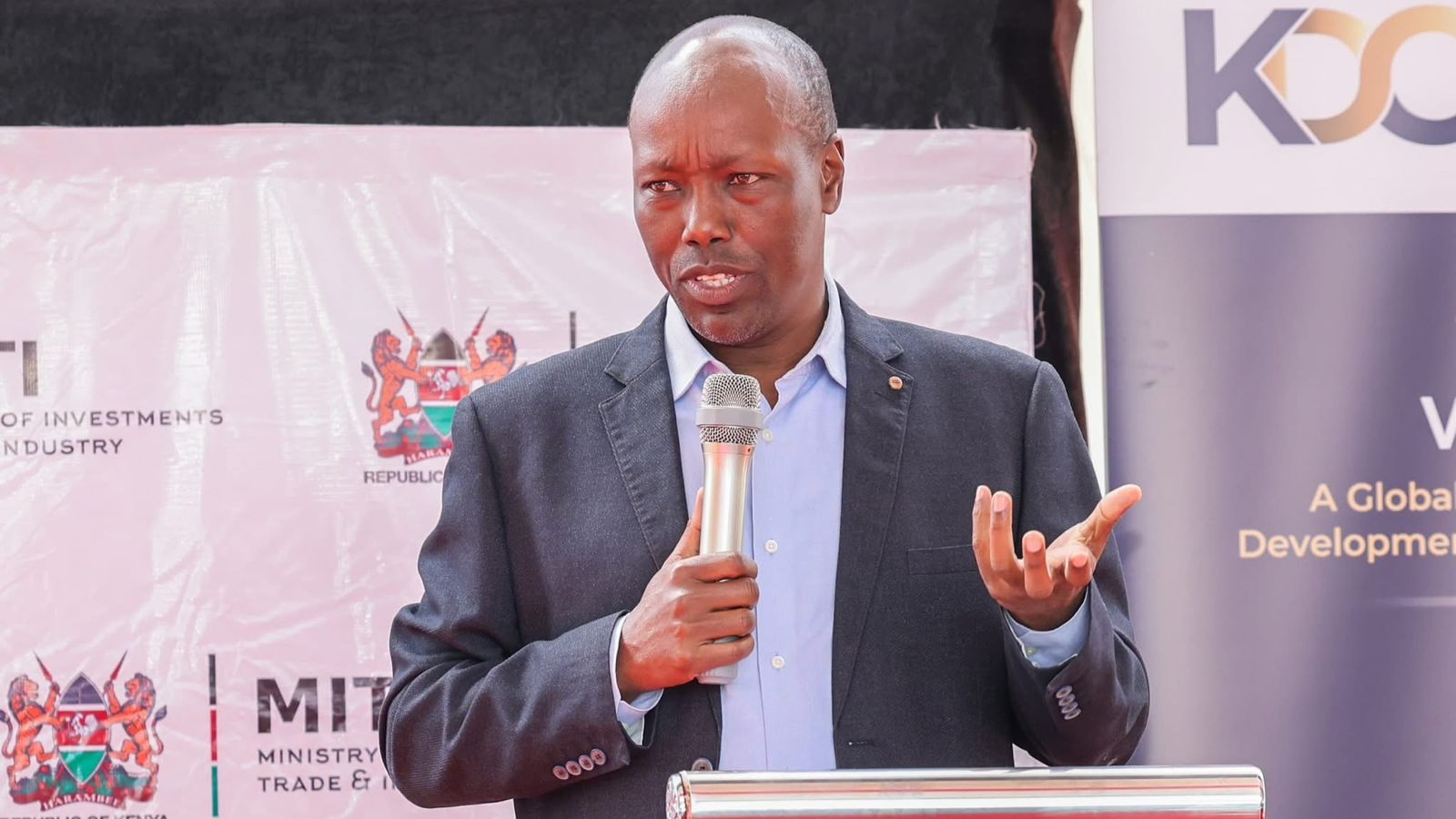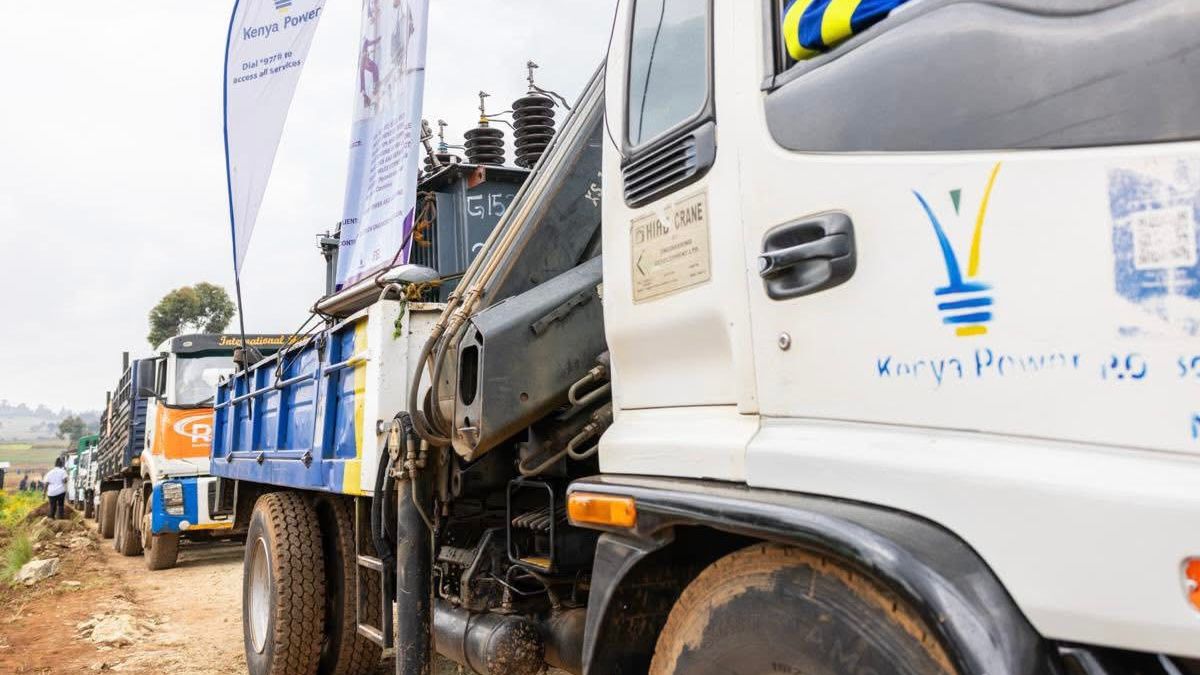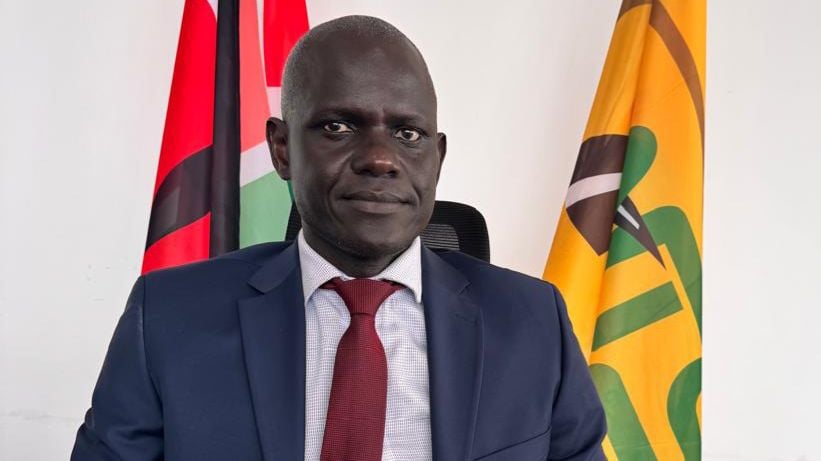The Ministry of Trade has moved to reassure Kenyan exporters and importers following a regional court ruling that halted the implementation of the Kenya-EU Economic Partnership Agreement (EPA), emphasizing that the government is actively working to restore trade continuity.
In a statement released on Wednesday, November 26, Trade Cabinet Secretary Lee Kinyanjui acknowledged the uncertainty created by the East African Court of Justice (EACJ) decision but assured stakeholders that Kenya would continue to access European markets while legal remedies are pursued.
The CS noted that trade has been instrumental in positioning Kenya as a crucial logistical and economic center in East Africa, driving economic cooperation through enhanced market access, export diversification, and attraction of foreign investment.
"Given the importance of trade to the Kenyan economy, the ruling of the East African Court of Justice (EACJ), on 24th November 2025, that suspended the implementation of the Kenya-EU EPA until the case by the Center for Law Economics and Policy (CLEP East Africa)- a Non-State Actor entity, is heard and determined has caused uncertainty to our traders and the business community at large," the statement read.
The ministry emphasized the critical role the EPA plays in Kenya's economic framework.
Read More
"The Kenya-EU EPA is the lifeline of our booming exports and a source of livelihood to a large majority of Kenyans. This ambition is aligned with Kenya's national interest under Vision2030, the BETA plan and other national growth and job creation frameworks supporting the Government's commitment to sustainable growth and development," the statement noted.
According to the ministry, the trading relationship between Kenya and the European Union is built on shared values and substantial economic exchange.
Last year, Kenya exported products valued at USD 1.56 billion to the EU while importing goods worth USD 2.09 billion from the bloc. With overall exports trending upward, Kenya is particularly interested in expanding its presence in EU markets.
The government outlined a comprehensive approach to address the court ruling and maintain trade flows.
"The Government of Kenya wishes to confirm to its citizens and exporters that they will continue to access the EU market. We wish to assure all Kenyans, our trading partners as well as trading entities that Kenya will continue to trade with EU and steps are being taken to ensure continuity, predictability and protection of our existing commercial arrangements," the ministry stated.
The Ministry of Investments, Trade, and Industry has initiated consultations with the Office of the Attorney General and is taking appropriate legal measures.
"The Government remains committed to provide certainty to exporters, investors, development and trading partners and assures all stakeholders that it will continue to safeguard the country's trade, investment and industrialization interests. The government will actively continue to engage all Partner States and the EAC Secretariat to streamline the procedural requirements for the EAC going forward," the statement read.

The suspension order followed a legal challenge filed by the Center for Law Economics and Policy (CLEP East Africa), which contended that Kenya's independent trade agreement with the EU violated EAC treaty provisions. The petitioners argued that other member states were not adequately consulted, despite the EPA initially being negotiated in 2014 as a regional agreement.
CLEP-EA also raised procedural issues, pointing out that the Democratic Republic of Congo and Somalia became EAC members between 2014 and 2023, the period when the EPA was being finalized, yet were excluded from consultations.
The organization warned that the bilateral agreement could disrupt regional trade flows and expose the EAC to environmental risks.
While the East African Court of Justice did not issue a ruling on the substance of the case, it determined that the concerns raised were substantial and that potential environmental damage would be irreversible.
Consequently, the court ordered implementation to be frozen until the case is fully adjudicated, a process that could extend for several months given the EACJ's typical timeline.



-1771426103.jpg)



